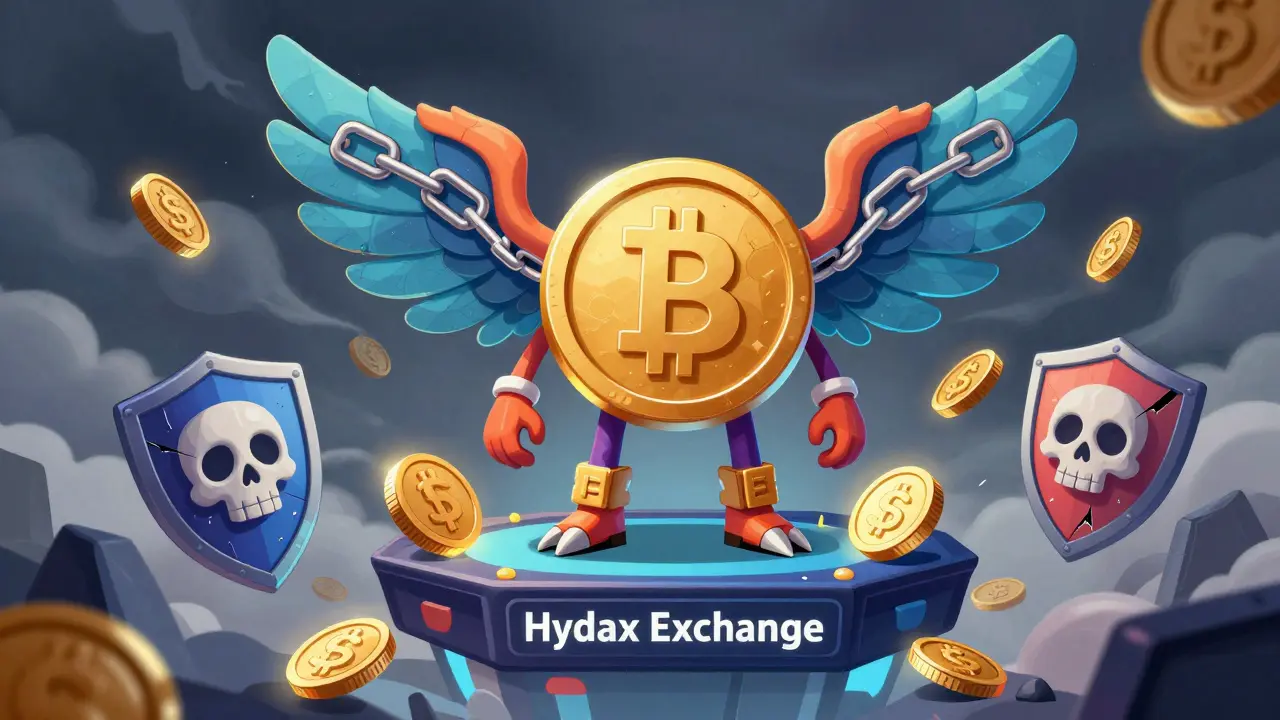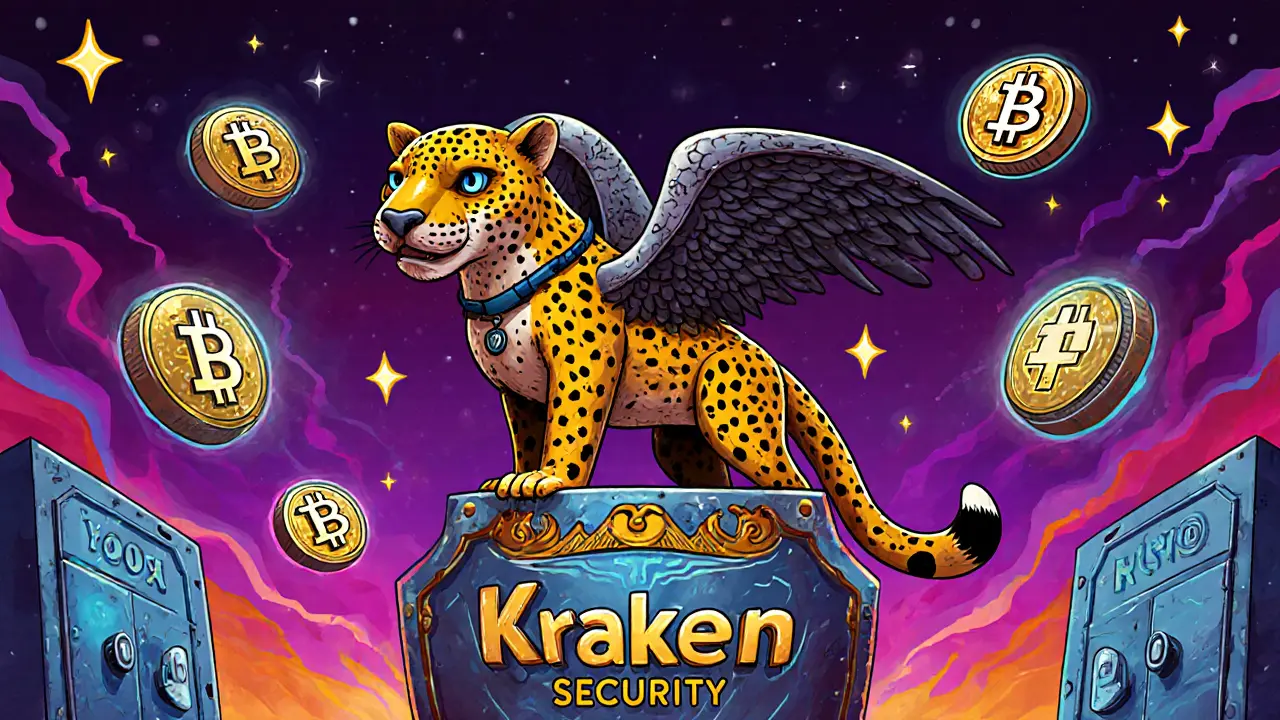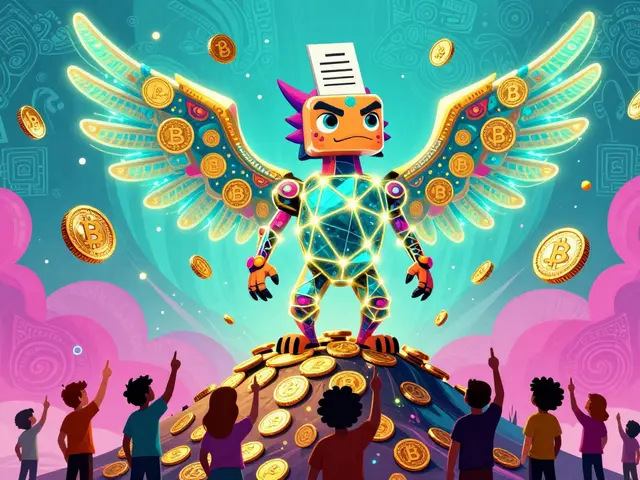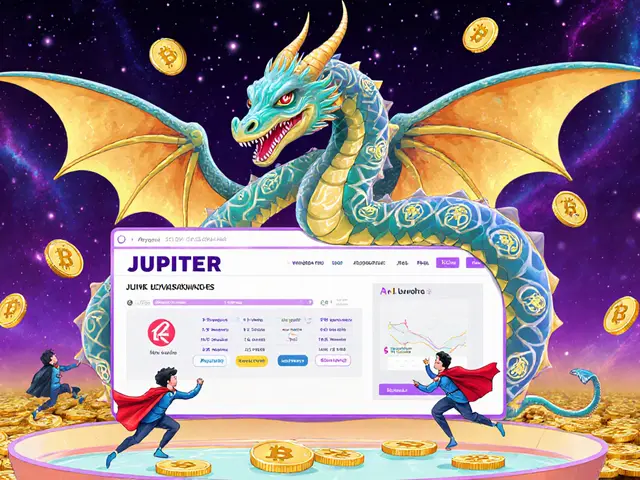Crypto Exchange: What They Are, How They Work, and Which Ones Actually Matter
When you buy or trade cryptocurrency, you’re using a crypto exchange, a platform that lets you swap digital assets like Bitcoin, Ethereum, or niche tokens with other users. Also known as a cryptocurrency trading platform, it’s the bridge between your wallet and the market—whether you’re swapping tokens, cashing out to fiat, or earning rewards through liquidity pools. But not all crypto exchanges are created equal. Some are giant, regulated companies like Binance or Coinbase. Others are tiny, anonymous DEXs with no team, no support, and barely any trading volume. And then there are the ones that disappeared overnight—like Wannaswap or BSClaunch—leaving users with worthless tokens and no way out.
There are two main types: centralized exchanges, platforms that hold your keys and control your funds, like a bank for crypto, and decentralized exchanges, peer-to-peer platforms where you keep control of your wallet, like Uniswap or Huckleberry. Centralized ones are easier to use, offer fiat on-ramps, and have customer support—but they’re also targets for hacks and government crackdowns. Decentralized ones give you full control but demand you know what you’re doing. If you trade on a DEX with no liquidity, your order might not fill. If you use a no-KYC exchange like GroveX or KCEX, you might save on identity checks—but you also lose legal protection if things go wrong.
What you’ll find in this collection isn’t a list of the "best" exchanges. It’s a real-world breakdown of what’s actually working in 2025. You’ll see reviews of platforms that are alive, dead, or barely breathing. You’ll learn why some exchanges charge zero fees but still aren’t worth your time. You’ll understand how regulations like MiCA in Europe or OJK in Indonesia are forcing changes—and why some platforms are vanishing because they can’t keep up. Some posts expose scams disguised as exchanges. Others highlight hidden gems for niche blockchains like Polkadot or Avalanche. Every review is based on actual trading conditions, not marketing claims. If a platform has no liquidity, no updates, or no team, you’ll know. No fluff. No hype. Just what’s real.














